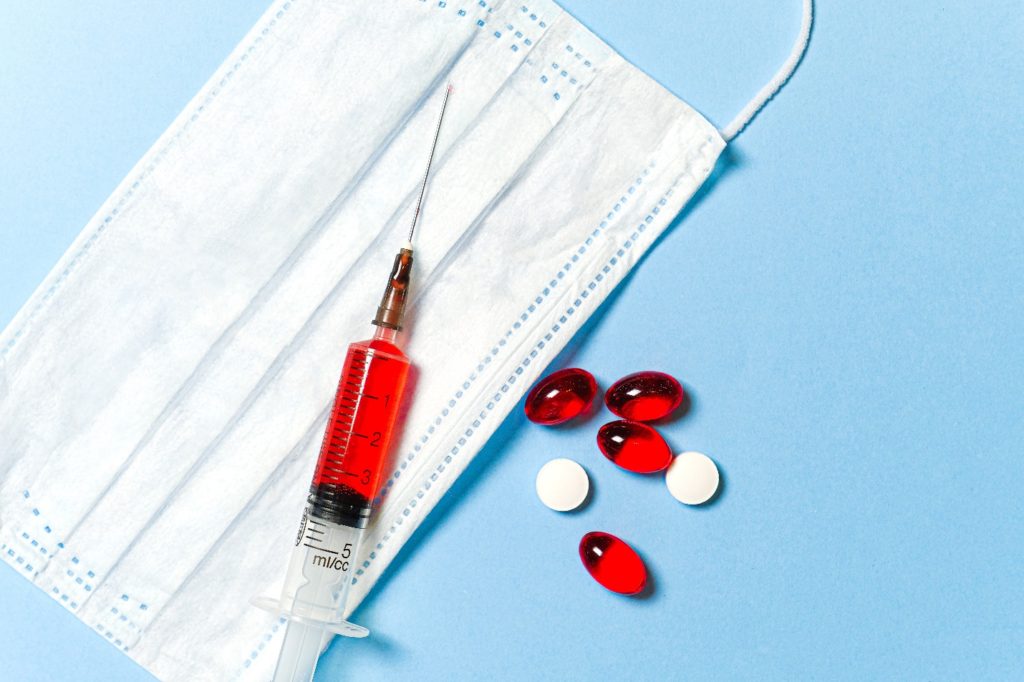
Blood Poisoning: Signs, Symptoms, Treatment and Preventive Measures

Blood poisoning is serious and potentially fatal infection. It is an infection that occurs when bacteria invade our bloodstream. The word ‘blood poisoning’ is used to describe bacteremia, sepsis, or septicemia. Swift action is necessary to treat blood poisoning as it progresses rapidly, but understanding the risks involved and major factors is essential to prevent it from occurring.
Causes of Blood Poisoning
Blood poisoning is a result of bacteria entering our bloodstream and causing infection. The presence of bacteria in the blood is called septicemia or bacteremia. Septicemia is referred to the state of having active bacteria in our bloodstream that can potentially lead to sepsis.
Sepsis is a life-threatening infection that can be fatal if not treated timely. Any infection such as fungal, viral, or bacterial can lead to sepsis. These infections don’t need to be in our bloodstream to lead to sepsis.
These infections occur in the abdomen, lungs, and urinary tract. Sepsis is more common in people hospitalized, as the risk of getting infected is already high. Infection and blood poisoning are interlinked; you won’t develop this condition without being infected already.
Here are some common causes of infections that can lead to sepsis:
- Infected insect bite
- Infected teeth or dental extraction
- Pneumonia
- Skin infection
- Infection due to drug resistance
- Exposed open wound
- Abdominal infection
- Kidney infection
- UTI
Who Is At More Risk?
Some people are at more risk for infections that lead to sepsis. Those are:
- Young children
- Elderly people
- People with a weak immune system
- People with AIDS, HIV, or leukemia
- People who recently got dental work or surgery done
- People who are using a catheter
- People who use intravenous drugs such as heroin
- People who are regularly exposed to viruses and bacteria, such as doctors and nurses.
Symptoms Of Blood Poisoning
Symptoms of blood poisoning are:
- Moderate to high fever
- Shallow breathes
- Elevated heart rate or palpitations
- Chills
- Pale skin, especially in the face
Some of these symptoms can be confused with symptoms of flu and other illness. However, if you’ve gone through surgery recently or you’re recovering from a wound, it’s essential to call your doctor immediately and discuss the possible symptoms of blood poisoning.
Symptoms that can be life-threatening and require immediate medical assistance:
- Developing red spots on the skin that might grow into a big purple bruise.
- Less or no urine production
- Confusion
- Shock or trauma
- Organ damage or failure
Blood poisoning is a serious condition that can lead to septic shock or respiratory distress syndrome. If these complications are not addressed immediately, they can be fatal.
Treatment for Blood Poisoning
Blood poisoning requires immediate medical attention as the infection spreads rapidly to our tissues and eventually our heart valves. If diagnosed, you’ll get admitted to a hospital. If the symptoms are severe, patients get admitted to intensive care units. Signs of shock include:
- Irregular pulse
- Shallow breathing
- Dizziness
- Unconsciousness
- Low blood pressure
- Paleness
Blood poisoning is generally treated with antibiotics that target the infected organ and through hydration. If the symptoms are severe, patients are placed under a ventilator or require temporary dialysis if their kidneys are not functioning.
Prevention
The best way to prevent blood poisoning is to take infections and wounds seriously. Prevent any open wounds from getting exposed and treat infections timely. If you’re suspicious of an infection, you can consult a healthcare professional and get the necessary blood work done to diagnose if you have blood poisoning.

Phlebotomy On Wheels provides comprehensive Laboratory Services Maryland at your doorstep. If you want to schedule a blood test and urine sample collection in Maryland and Northern Virginia, visit our website or contact us for more information.


